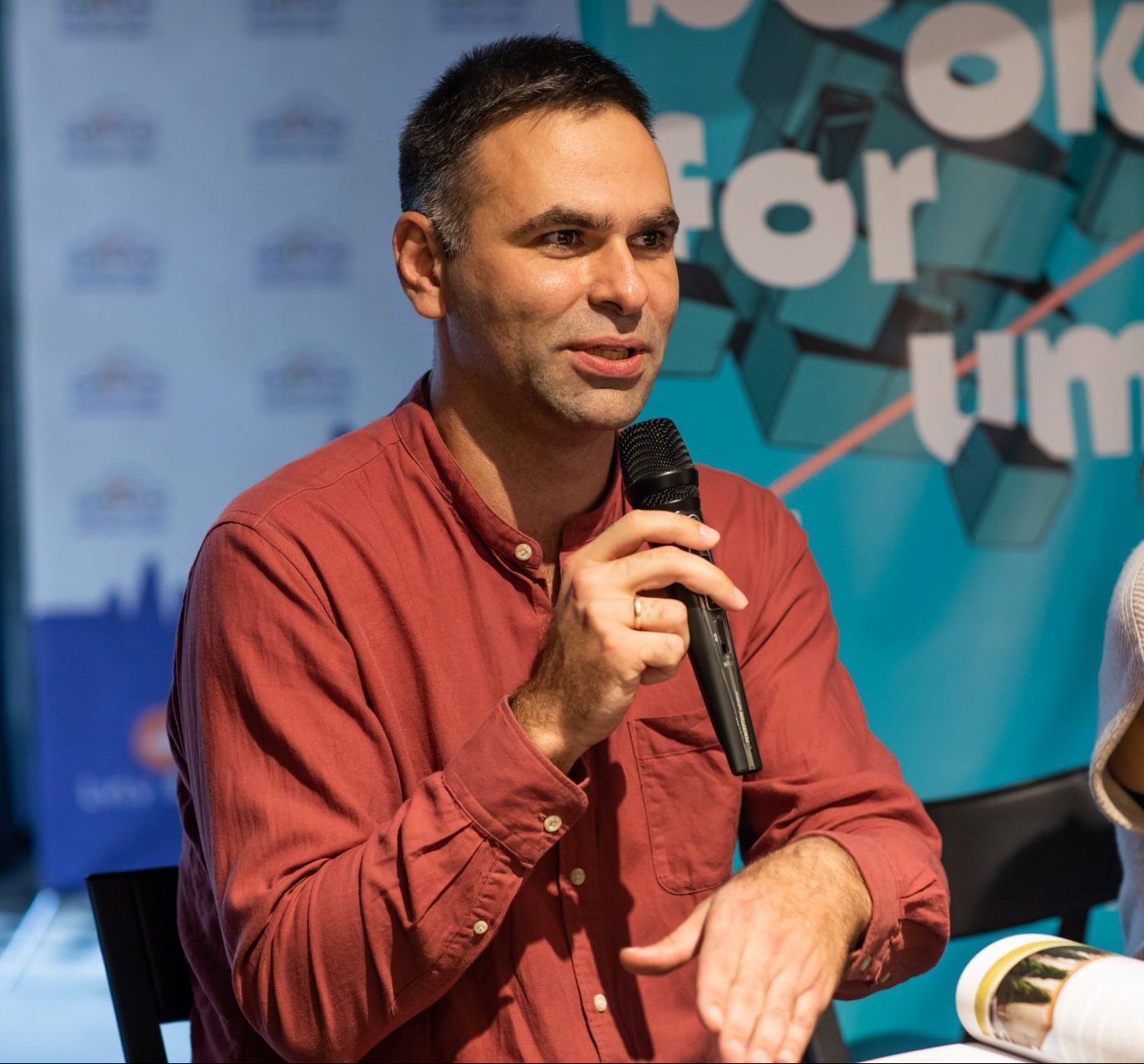
Artem Kharchenko
I. P. Kotliarevsky Kharkiv National University of Arts
-
- Research topic:
- Childhood on the Street, 1920s-1930s
- Period:
- April-May 2024

I. P. Kotliarevsky Kharkiv National University of Arts
He is an associate professor at the Department of Art Education and Humanities at the I. P. Kotliarevsky Kharkiv National University of Arts, where he is working on the monograph "The Jewish Community in the Space of the Imperial City, 1859-1923". He studied history at V. N. Karazin Kharkiv National University. He defended his PhD thesis on the history of the family in the Kharkiv region in the nineteenth century. From 2009 to 2023, he was a lecturer on Holocaust history at the university's Claims Conference partnership program. He is a co-founder of the NGO Center for the Study of Interethnic Relations in Eastern Europe. In 2011, he participated in the summer research school "Jewish History and Culture of Central and Eastern Europe in the Nineteenth and Twentieth Centuries" at the Center for Urban History. He has participated in educational programs in the United States, France, and Germany. He has been a visiting scholar at the Simon Dubnow Institute in Leipzig, the New European College in Bucharest, and the University of Jerusalem. Among his recent publications are chapters in the collective monograph "Uman: (Un)known histories of the city", Kharkiv, 2021.
At the residency, Artem will work on the project "Childhood on the Street, 1920s-1930s," which is a continuation of the study "The System of Orphanages in Soviet Ukraine during the Holodomor, 1928-1935." The research focuses on the history of Jewish children who were in the orphanage system of Soviet Ukraine in the interwar period. The disciplinary authority covered practices toward the child by society, family, community, and the state at the time. Using several case studies of orphanages in major Ukrainian cities, the study analyzes how large-scale policies such as "indigenization" intersected with the local, daily practices of orphanages.